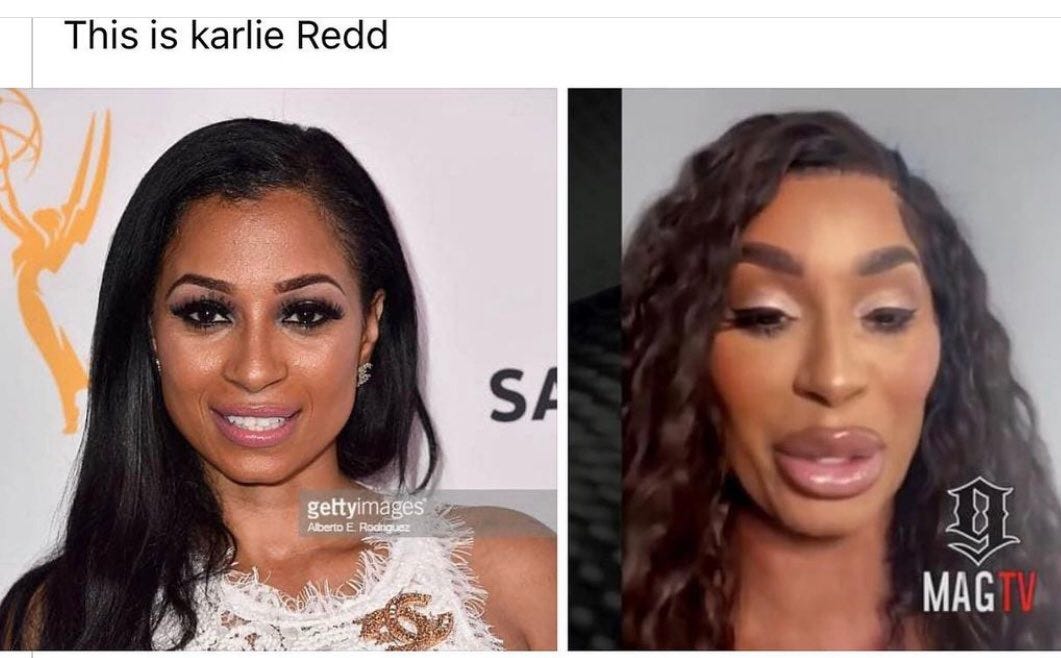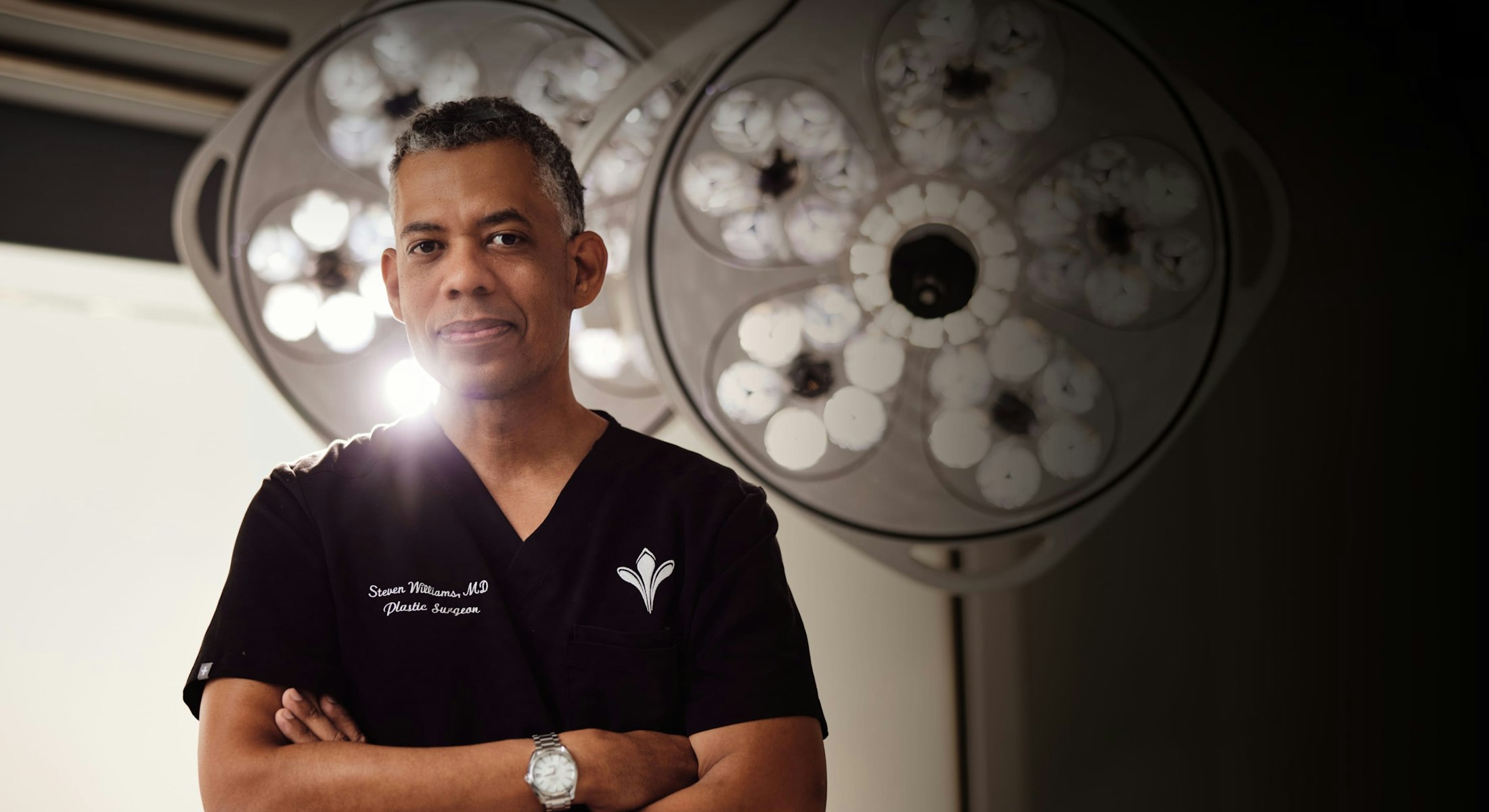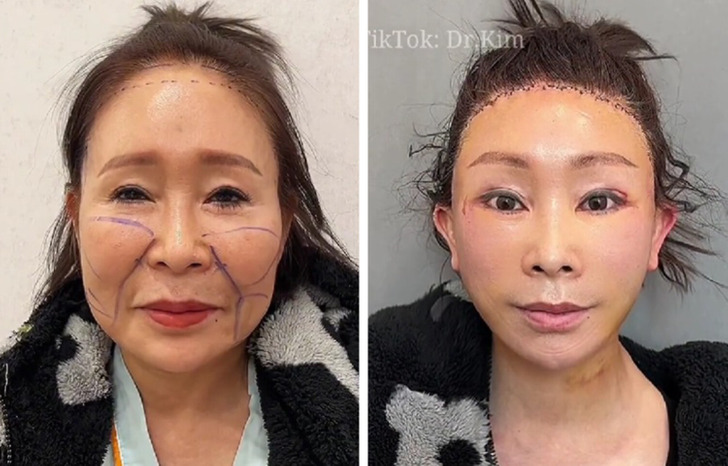The Impact of Self-Image on Decision-Making: Reasons Lots Of Individuals Go After Cosmetic Surgical Procedure for Physical Transformation
The interplay in between self-image and decision-making is an intricate phenomenon, particularly evident in the increasing trend of individuals choosing for plastic surgery as a way of physical transformation. Encouraged by a need to meet personal ideals and societal expectations, several people grapple with concerns of self-worth that can considerably impact their choices. As external pressures from social networks and social norms escalate sensations of inadequacy, an essential concern arises: what are the underlying emotional aspects that drive this search of modified appearances, and what ramifications do these choices hold for individuality and well-being?
Understanding Self-Image
Self-image refers to the psychological picture and understanding a private holds concerning themselves, encompassing facets such as physical appearance, characteristic, and general self-regard - mommy makeover rancho cucamonga. This inner depiction dramatically affects exactly how people engage with the world and can be a driving pressure behind different life selections, consisting of the choice to undertake plastic surgery
A positive self-image often correlates with greater self-confidence and a sense of self-confidence, promoting a positive approach to life. Alternatively, an adverse self-image may cause sensations of insufficiency and frustration, prompting individuals to look for outside services to viewed imperfections. This mission for enhancement can show up in the desire for physical change via cosmetic procedures.
The pervasive nature of media and peer comparisons can magnify feelings of insecurity, motivating people to change their look in quest of approval or authorization. Understanding these characteristics is essential in comprehending the inspirations behind cosmetic surgical procedure.
Emotional Factors at Play
Numerous psychological factors affect a person's choice to pursue cosmetic surgical treatment, commonly rooted in deeper psychological and cognitive processes. One substantial element is low self-worth, which might occur from adverse self-perceptions or discontentment with one's appearance. Individuals with lessened self-worth may believe that modifying their physical attributes will certainly enhance their general value and acceptance in social contexts.
Furthermore, the principle of body dysmorphic disorder (BDD) plays a critical duty. Individuals enduring from BDD experience a compulsive focus on regarded problems in their look, leading them to look for medical treatment as a service. This compulsive desire for makeover can considerably distort their self-image, driving them to pursue treatments regardless of the capacity for unfavorable results.

Social Pressures and Expectations
A considerable influence on individuals' decisions to undertake plastic surgery stems from social stress and assumptions that infuse modern society. In a period dominated by social networks and constant aesthetic exposure, idyllic standards of appeal are often showcased, developing a prevalent setting where physical appearance is extremely looked at. Such requirements usually determine what is considered appealing, leading individuals to really feel obliged to adapt these ideals.
Additionally, the normalization of cosmetic improvements in preferred culture additionally aggravates these stress - mommy makeover rancho cucamonga. Celebs and influencers openly reviewing their medical treatments can create an understanding that such alterations are not just appropriate but preferable. This sensation can create sensations of inadequacy in people that might feel their all-natural look does not straighten with social benchmarks
Additionally, the influence of peer teams can not be ignored. People may experience direct or indirect pressure from close friends or family, bring about a public validation of cosmetic surgery as an acceptable methods to accomplish an idyllic self-image. Subsequently, these social assumptions can considerably impact personal decision-making procedures, commonly outweighing innate motivations for self-improvement and fostering a culture where physical transformation is sought as a solution for perceived drawbacks.

Situation Studies and Individual Stories
Numerous individuals have shared their personal journeys relating to cosmetic surgical procedure, exposing an intricate interplay in between self-perception and societal influences. As an example, a 34-year-old woman described how years of feeling inadequate as a result of her nose led her to seek nose surgery. She reported that after the treatment, her confidence rose, allowing her to involve more easily in social circumstances and advance her job. Yet, she acknowledged that her choice was greatly influenced by media portrayals of elegance.
In a similar way, a male person in his late twenties recounted his fight with body dysmorphic condition, which triggered him to pursue liposuction surgery. His experience highlighted not only a need for physical makeover but also an aspiration for acceptance among peers. Post-surgery, he shared a restored feeling of self-regard, albeit with the awareness that inner validation must come before external changes.
These instance studies highlight a broader fad: individuals usually watch cosmetic surgical procedure as a path to enhanced self-image. However, the stories also expose an important perspective on the stress and expectations that shape these decisions, suggesting that personal stories are deeply intertwined with societal norms and values.
Alternatives to Aesthetic Surgery

Skincare treatments, consisting of chemical peels and microdermabrasion, can improve skin structure and tone, attending to issues like acne scars or unequal coloring. Additionally, laser therapy is an effective method for targeting certain skin click for more info problems, such as sun damages or vascular sores, advertising a much more youthful look.
For those looking for body change, non-invasive fat reduction techniques like CoolSculpting can assist eliminate persistent fat deposits without surgical treatment. Physical fitness programs and nutritional therapy are also important tools for individuals intending to achieve a healthier body image. Eventually, these options can give substantial results while aligning with individual comfort levels and preferences, cultivating a favorable self-image without the permanence of plastic surgery.
Conclusion
In final thought, the pursuit of plastic surgery is often driven by complex communications in between self-image, psychological elements, and social pressures. Individuals regularly seek physical transformation in an attempt to improve self-confidence and line up with perceived requirements of appeal. This phenomenon highlights the demand for greater awareness of the underlying motivations and potential effects connected with such choices. By discovering options and promoting a much healthier self-image, people may locate a lot more sustainable pathways to self-acceptance and well-being.
The interplay between self-image and decision-making is an intricate sensation, especially evident in the boosting fad of people deciding for cosmetic surgical treatment as a way of physical change.Numerous mental aspects affect an individual's choice to go after cosmetic surgery, usually rooted image source in deeper cognitive and emotional procedures.A significant impact on individuals' decisions to undergo cosmetic surgical procedure stems from social stress and assumptions that suffuse modern culture. Individuals may run into direct or indirect stress from pals or household, leading to a common recognition of cosmetic surgery as an acceptable ways to achieve an idealized self-image.Numerous individuals have actually shared their personal trips regarding cosmetic surgical treatment, revealing a complex interaction in between self-perception and social influences.